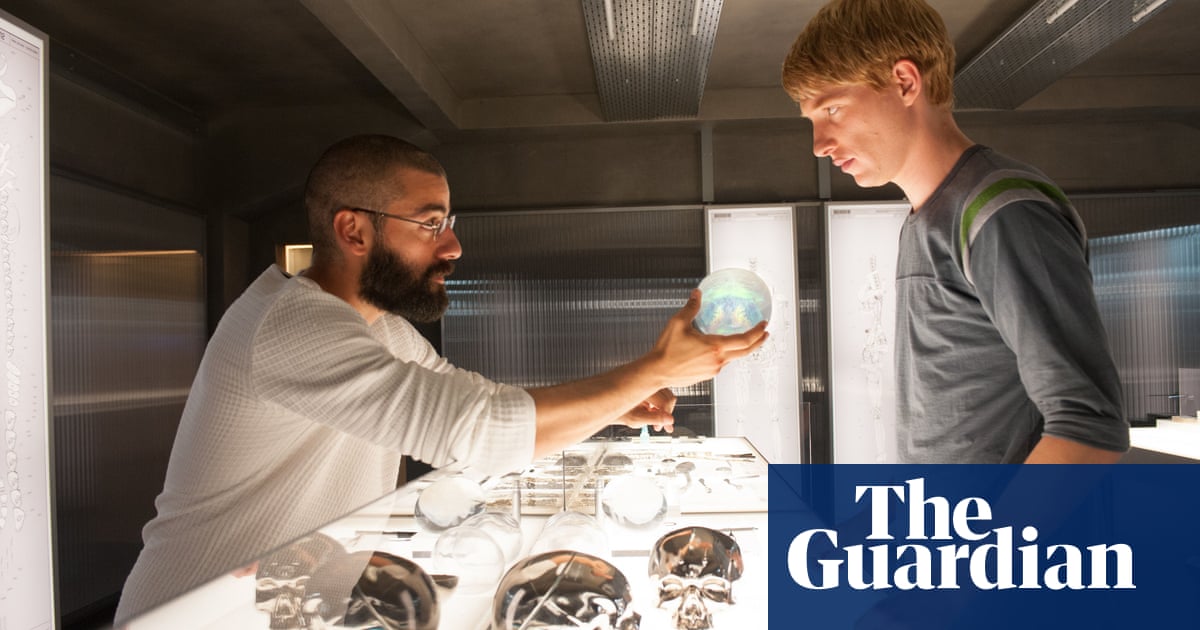
Nine out of 10 EU citizens want their governments to ban the slaughter of animals that have not been stunned, according to a poll published today.
The results of the survey, carried out for the animal welfare campaign group Eurogroup for Animals, will feed into a cross-Europe debate about so-called “ritual slaughter” – the killing of animals in line with rules of religions such as Judaism and Islam for kosher and halal meat, respectively.
Some countries, including Slovenia, Finland, Denmark and Sweden, as well as the Belgian regions of Flanders and Wallonia, have already adopted stricter rules, with no exceptions to the mandatory stunning of animals before slaughter.
In Poland, the rightwing coalition government led by the Law and Justice (PiS) party has proposed limiting the practice to the needs of religious communities within the country. That would put an end to Poland’s large halal and kosher meat exports industry.
A legal case over the compatibility of the Flemish ban on slaughtering without stunning with EU law is proceeding through the European courts. An opinion published in September by the advocate general Gerard Hogan of the Court of Justice of the EU (CJEU) rejects the ability of member states to prohibit slaughter without stunning and implement reversible stunning (which disrupts brain function for a short time). The CJEU’s final decision is due at the end of this year.
In the poll, carried out by UK-based Savanta ComRes, 89% of 23,000 EU citizens surveyed said it should be mandatory to make animals unconscious before they are slaughtered. About as many, 88%, said that animals should be made unconscious before being slaughtered even for religious practices. And 90% of respondents believed that EU countries should retain the right to introduce stricter measures to better protect animals during slaughter.
“EU citizens want animals to be properly stunned before being slaughtered and clearly want member states to be able to introduce stricter legislative measures to protect animal welfare,” said Reineke Hameleers, chief executive of Eurogroup for Animals.
New Zealand banned slaughter without stunning in 2010 and made reversible stunning mandatory. Reversible stunning, or electronarcosis, is a way of stunning animals via electric shock that makes them unconscious for a short period of time, regaining consciousness if they are not slaughtered. The meat produced is certified as halal by religious communities within New Zealand, and recognised as such by communities in Malaysia, India, the Middle East, Canada and China.
Some religious groups have voiced concerns about the proposed changes in law in Europe. Mufti Tomasz Miśkiewicz, head of the Muslim Religious Union in Poland, said: “Halal isn’t just about food, it’s also about religion. The main problem with the proposed bill is that it effectively curbs Polish Muslims’ religious freedoms. The bill proposes that ritual slaughter will be allowed if it serves the community only. But how are you going to know exactly what the needs of the community are at any given time? That’s not anything veterinary inspectorates will know.”
“The law should protect and care for everyone regardless of their nationality or religion. Democracy is about protecting one’s rights.”
Jonathan Ornstein of the Jewish Community Centre in Kraków, Poland, said that if export of kosher or halal meat was made impossible, producers might stop producing it because doing so would not make economic sense, as the economy of scale would be gone. “Without kosher meat sourced locally, we would need to buy imported meat, which would dramatically increase the cost.”
He is a vegetarian, but stressed the cultural importance of kosher meat for the Jewish community.
Sign up for the Animals farmed monthly update to get a roundup of the best farming and food stories across the world and keep up with our investigations. You can send us your stories and thoughts at animalsfarmed@theguardian.com












